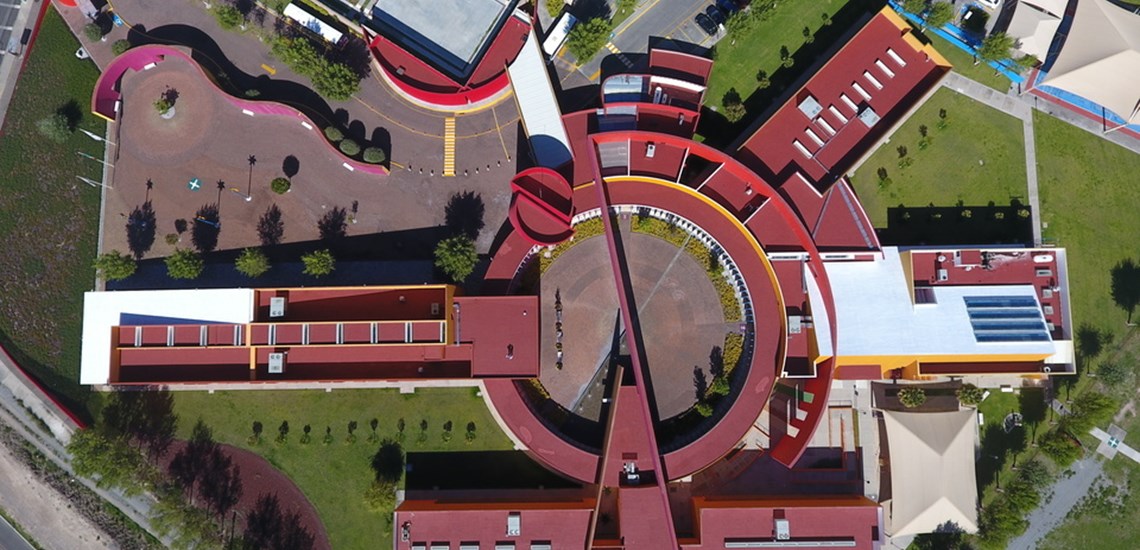Mexican firm a3p has been turning old tyres into waterproofing membranes.
a3P Creating Waterproofing Membranes
In Mexico, 40 million used tyres are thrown away each year, and only 12 per cent are recycled. According to market experts, in Mexico, about 5 million tyres are recycled in organic products and in the cement industry.
Old tyres can be used as both an aggregate for Portland cement concrete, or as an alternative fuel source to create the Portland cement itself. Most, however, will instead end up in landfills, on rooftops, in home gardens, or in streets, seas, rivers, and forests. The fact that tyres are non-biodegradable and sturdy enough to withstand the test of time means they dominate a significant amount of landfill space.
It takes the political will of governments, however, to accelerate the reuse of tyres. The most expensive part of the process for many is the collection and transfer of tyres to the recycling plant, so they often end up dumped somewhere or burned illegally.
Mexican company a3p utilises recycled tyres to manufacture waterproofing materials. A spokesman for a3p explains; “We have a factory in Mexico City where 600,000 tyres are recycled annually. If there were a plant in each of the 32 states of the republic, 40 million tyres would be recycled.”
The a3p waterproofing, Imperllanta, can be used in multiple applications, and due to its rubber components, is highly flexible and long-lasting. While some types of waterproofing must be reapplied annually, Imperllanta can last 7-10 years before re-coating. The environmentally friendly product is also budget-friendly, providing an average savings of 66% over other rubber surface waterproofing products. In Mexico, the product has already been used successfully in projects as large as Toluca International Airport.

















